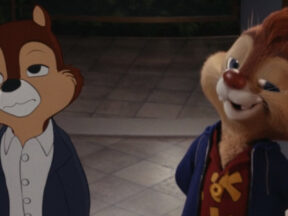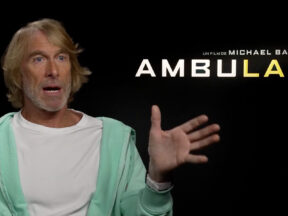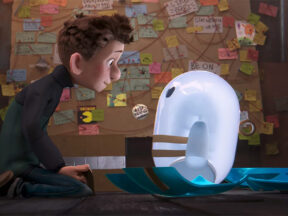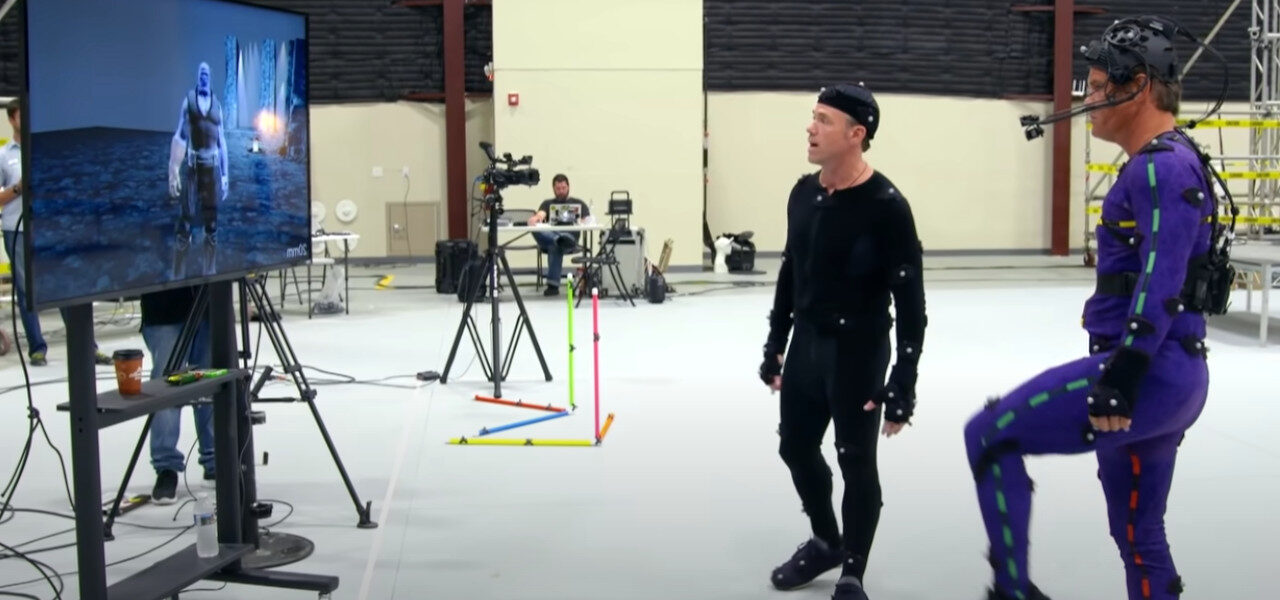
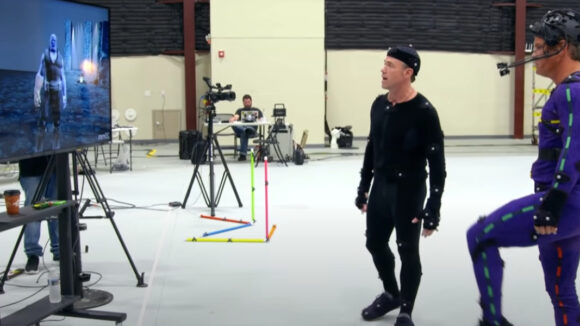
VFX Artists Speak Out Against Unsustainable Work Conditions
Over the past several weeks and months, there has been a tension roiling under the surface of the vfx industry which is now boiling over across social media and the trades. After years of being overworked and exploited, artists and technicians are speaking out in increasingly larger numbers, and one major offender is in their crosshairs, The Walt Disney Company’s Marvel Studios.
In the most recent, and one of the most thorough, examinations of the current state of affairs, Gizmodo’s Linda Codega spoke with artists and technicians from several studios about the state of the industry, the worst offenders, and whether current workflows are sustainable.
Below, we’ve outlined just a few highlights that caught our attention, but we recommend checking out the entire 5,000-word article when you have the time. It’s eye-opening.
Lowest bid win: Codega’s article outlines how the bidding process causes problematic issues at all stages of production. Marvel, like almost every major production company, hires out studios to handle vfx work for them. And, like most contracted work, the company accepts bids from several studios. It’s in the commissioning company’s best interest to get the lowest price while still assuring quality work. According to one source, studios are so eager to get Marvel Studios contracts that they constantly undercut one another’s bids, ending on a final number that will only allow them to break even, if that.
Too many cooks: Several artists and technicians feel that when working with Marvel, too many “bosses” have oversight of each part of the pipeline. “I’ve had entire sequences get blasted apart by someone who shouldn’t even be a part of the feedback process. Like, why do you get an opinion on this?” said one responder.
No room for artistry: While many of the interviewees in the article had fond memories of working on Marvel projects, they all agreed that the initial luster has long since worn away. The pride many of the artists felt in seeing their work top the box office and impact cultures around the world has been crushed by a seemingly endless workload, and a complete disregard for artistry.
Impossible timetables: One artist recalled an occasion when his studio was still receiving instructions from Marvel about concept art for a scene that was nearly finished. “Even up until the last week or so they still weren’t sure what they wanted this gigantic set piece to look like. We were still doing concept art,” he said. Concept art should be one of the first pieces of the work to be nailed down. Yet, argued the speaker, “Various parts of this sequence had already gone through the entire pipeline. You’ve got lighting renders, effects simulations, matte paintings, and animation.”
Only Marvel? Marvel is the main culprit, but by no means are they the only offenders. It’s the sheer quantity of vfx work that Marvel Studios commissions that makes them the easy target, but there are plenty of big production companies that lowball vfx studios and exploit vfx workers. Other productions mentioned in the piece which have gone down in infamy for the problems they caused to vfx teams include Pirates of the Caribbean: At World’s End, Game of Thrones, and Life of Pi.
But today, the big baddie is Marvel. One responder summed up the general consensus, explaining, “[Marvel] is the worst example of a lot of the problems in the industry. It would be one thing if sometimes it was really bad, sometimes it wasn’t… But with Marvel, it seems like every single time it’s the same thing… they tend to be as bad as you’re going to get and they’re consistently that bad.”
Big picture: Without mincing words, the article and those interviewed in it make the claim that the vfx industry is on the verge of breaking down. They also agree that even more tragically, individuals’ lives are already breaking down. Workers are missing major family milestones, sleeping in their offices, and sacrificing their weekends to save their jobs. Something needs to change, argues the piece, if the movie industry is going to keep making films of the quality and quantity that audiences expect.

.png)
